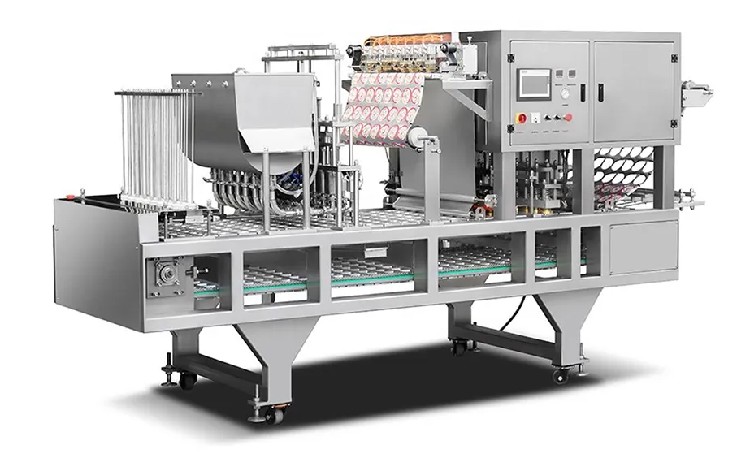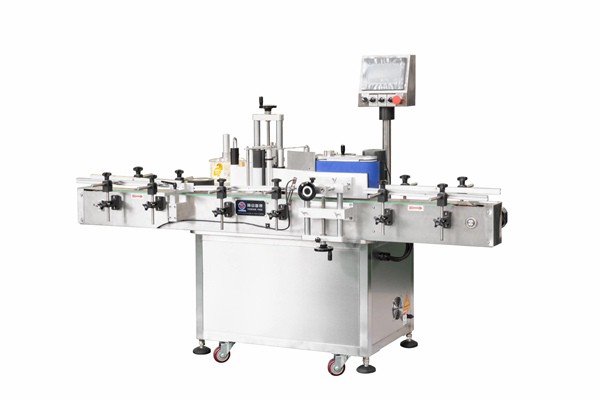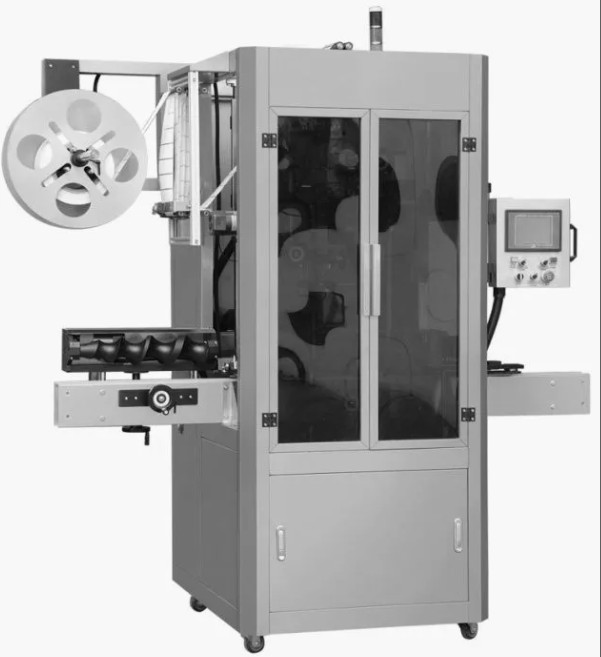Enhancing Efficiency with Labelers: A Comprehensive Guide
Product description
In today's fast-paced world, efficiency and precision are key, whether you're organizing a warehouse, labeling products in retail, or managing inventory in a factory. Labelers have become indispensable tools across multiple industries, helping streamline operations with speed and accuracy. These versatile devices play a critical role in ensuring that products, files, and documents are properly identified, making them essential for businesses of all sizes.
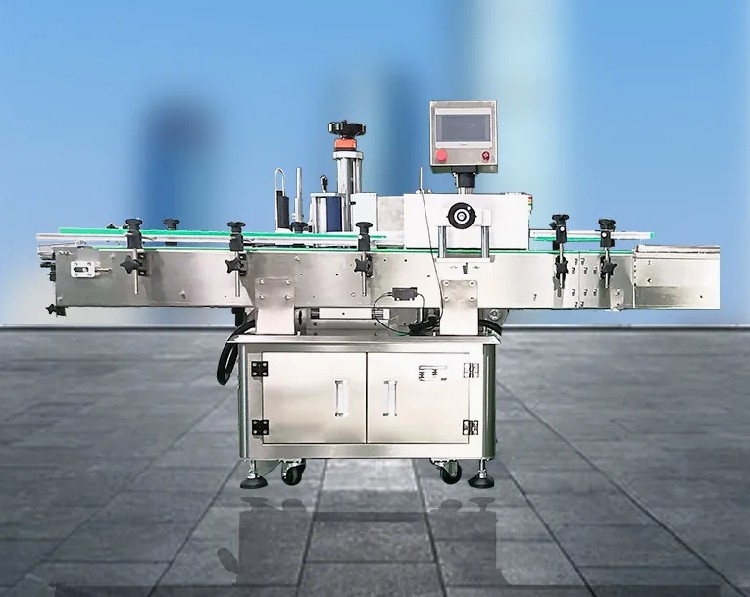
What Are Labelers?
Labelers are devices designed to apply labels to various surfaces such as boxes, files, products, or even food containers. They are used in a wide range of environments from offices and retail stores to warehouses and manufacturing facilities. Labelers can either be manual or electronic, and they come in several forms including handheld units, desktop printers, and industrial-grade machines. They are primarily used for generating and applying labels that contain important information such as product names, barcodes, pricing, handling instructions, or inventory codes.
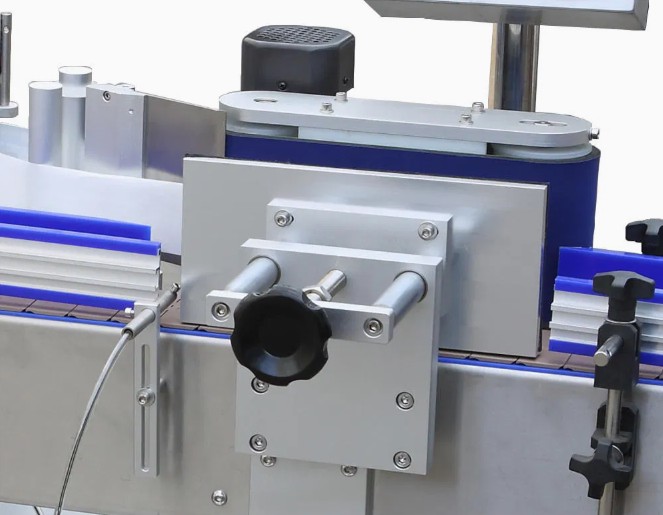
Key Features of Labelers
1. Ease of Use: Most labelers are designed with user-friendly interfaces. Whether you're printing labels for a few items or a large batch, labelers typically feature simple controls that make them easy to operate even for beginners. Many modern labelers also come with intuitive software to help you design and print labels directly from your computer.
2. Variety of Label Sizes and Types: Labelers are compatible with a wide range of label sizes from small tags for price marking to large ones used for shipping and inventory management. They also support different label materials, including paper, vinyl, and synthetic materials, ensuring that they can be used for both indoor and outdoor applications.
3. High-Speed Printing: Labelers, particularly those used in industrial settings, offer high-speed printing capabilities. This is essential for businesses that need to produce large quantities of labels in a short period. The ability to print multiple labels quickly can significantly improve operational efficiency, reducing downtime and increasing productivity.
4. Precision and Accuracy: Whether you're labeling small products or large boxes, a high-quality labeler ensures that each label is applied with precision and accuracy. This is particularly important in industries such as logistics, where accurate labeling is critical for tracking inventory and shipments.
5. Durability: Industrial-grade labelers are built to withstand heavy use in demanding environments. These robust devices can endure the rigors of a warehouse, factory, or retail setting, providing reliable performance over time.
6. Customizability: Advanced labelers often allow for customization in terms of font styles, colors, and graphics. This feature is valuable for businesses that need to maintain consistent branding across their labels whether for marketing purposes or legal requirements.
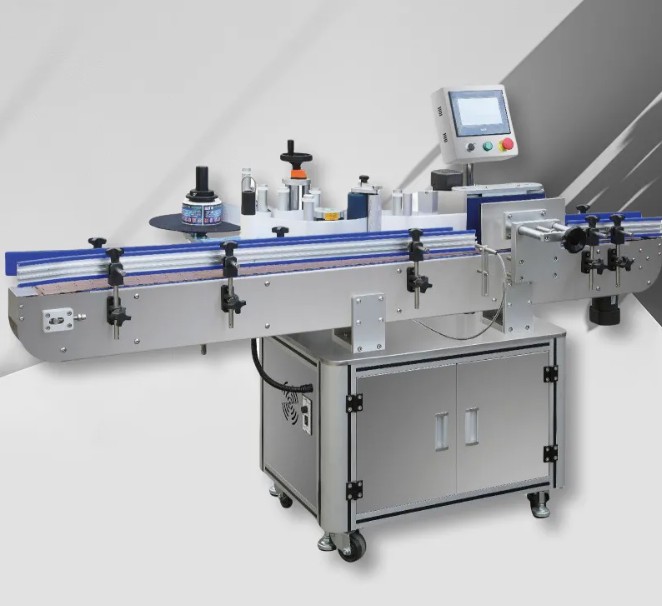
Advantages of Using Labelers
1. Enhanced Organization: Labelers help businesses stay organized by ensuring that products, files, and inventory are clearly labeled and easy to find. This reduces the time spent searching for items, thus improving workflow efficiency.
2. Improved Accuracy: Labeling systems powered by labelers significantly reduce human error, ensuring that the correct information is displayed on every label. This minimizes the risk of mistakes such as incorrect pricing, misdirected shipments, or wrong product identification.
3. Cost-Effectiveness: Investing in labelers can save businesses both time and money. By automating the labeling process, companies can reduce labor costs and eliminate the need for manual labor in repetitive tasks. Additionally, labelers often produce consistent results, reducing the likelihood of costly mistakes.
4. Compliance and Branding: For businesses operating in regulated industries such as pharmaceuticals, food production, or manufacturing, labelers help ensure compliance with labeling standards and regulations. Moreover, for companies looking to build a strong brand identity, labelers offer an easy way to consistently print high-quality and branded labels.
Applications of Labelers
Labelers find applications across various sectors, each benefiting from their ability to deliver fast and accurate labeling solutions. In retail, labelers are used for tagging products with pricing and barcodes. In warehouses, they play a vital role in inventory management by providing clear and readable labels for tracking shipments. In the healthcare industry, labelers are used to ensure the proper identification of medical supplies and pharmaceuticals. Whether you're labeling food containers, shipping pallets, or office files, labelers make it possible to organize and manage items efficiently.
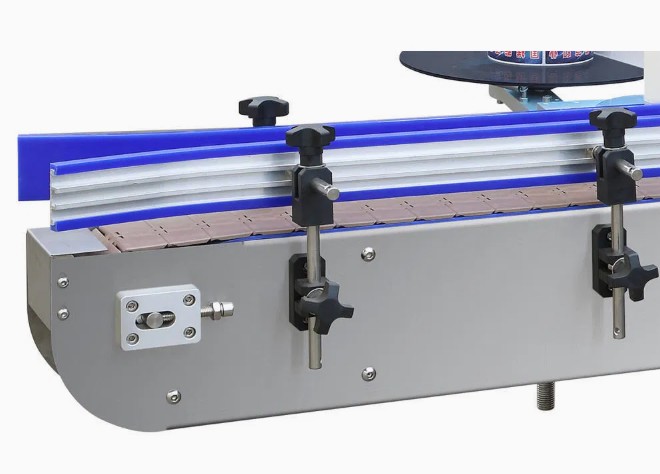
Conclusion
Labelers are essential tools for enhancing operational efficiency across various industries. By offering precise, quick, and cost-effective labeling solutions, they contribute to improved organization, accuracy, and compliance in a wide range of environments. Investing in the right labeler can significantly streamline business operations, reduce labor costs, and improve productivity. Whether you're running a small retail store or managing a large-scale industrial facility, labelers are versatile solutions that cater to your labeling needs with speed and precision.
Recommended products
